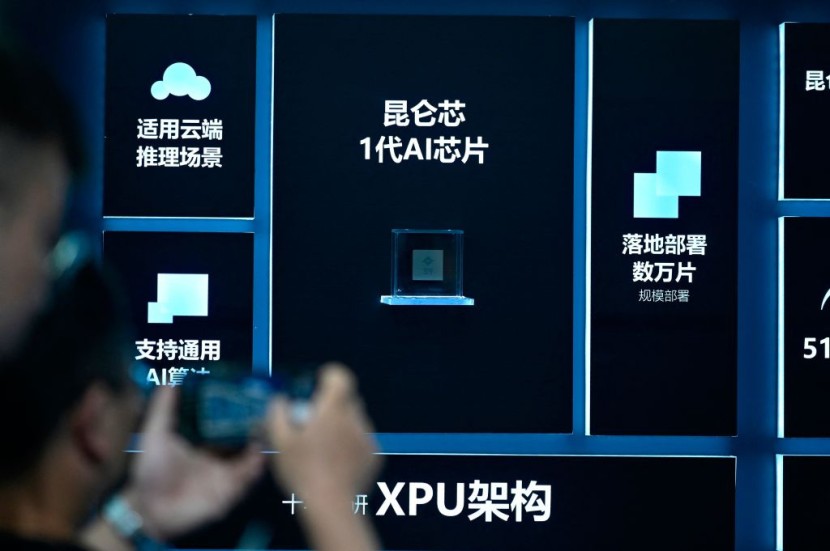In an effort to regulate the spread of ChatGPT-like services, China on Thursday published the first and most comprehensive set of regulations on generative artificial intelligence (AI) models in the world, emphasizing "core socialist values" and positive content.
As of now, only two domestic companies—Baidu's Ernie Bot and Alibaba Group Holding's Tongyi Qianwen—are permitted to offer ChatGPT-style services to the general public in China; the others are still in trial mode or are intended primarily for commercial usage.
Provisional regulations, jointly released by seven Chinese regulators coordinated by the Cyberspace Administration of China, will take effect on August 15 and apply to all generative AI content services, including text, images, audio, and video, offered to the Chinese public, according to South China Morning Post.
A More Positive Tone Toward AI
The revised regulations have a more positive tone toward the new technology than a previous draft that was released in April to gather public input, with officials promising "to take effective measures to encourage innovative development of generative AI."
Punitive language in the draft that included "fines ranging from 10,000 to 100,000 yuan" for technology-related offenses has been removed.

Links to OpenAI's ChatGPT and Google's Bard have been promptly banned, thus these models are still unavailable in China. While the new rules are intended to carefully supervise the development of generative AI, they will probably make it easier for domestic developers to offer their goods to the general public.
Read also: China Overtakes America as AI Superpower by Tapping US Firms To Leap Frog Development
A "Graded" Regulatory Strategy
Chinese officials declared they will use a "graded" regulatory strategy and adopt an "inclusive and prudent" stance toward generative AI services. The National Development and Reform Commission, the Ministries of Education, Science and Technology, Industry and Information Technology, Public Security, and China's Broadcasting Authority are among the various regulatory bodies that have input into the draft regulations.
The new rules require generative AI service providers to "adhere to core socialist values" and refrain from producing any content that "incites subversion of state power and the overthrow of the socialist system, endangers national security and interests, damages the country's reputation, incites secession from the country, undermines national unity and social stability, promotes terrorism, extremism, national hatred and ethnic discrimination, violence, obscenity, and pornography," according to the regulations.
Chatbots and AI models created in China already have built-in features to ensure that generated content is free of harmful information.
China's regulatory authorities demand that service providers respect intellectual property rights and refrain from any discrimination based on race, faith, place of origin, area, gender, age, occupation, or physical or mental health when designing algorithms and choosing training data.
Following Beijing's 2021 regulations on recommendation algorithms and 2022 regulations on deep synthetically-produced content, which Beijing requires to be labeled as "synthetically generated," the legislation links AI development with China's political and economic interests.
According to the paper posted by CAC on its official website, the new restrictions are compliant with the China Cybersecurity Law, China Data Security Law, and Personal Information Protection Law.
As part of the new regulations, generative AI service providers are required to halt operations and report any illegal activity they discover if users are using the AI to create illicit content on their platforms. Additionally, guardrails must be put in place by AI service providers to stop kids from developing addictions to these services.
Related article: China's AI Industry Continues to Thrive Despite US Chip Export Restrictions
© 2025 HNGN, All rights reserved. Do not reproduce without permission.








